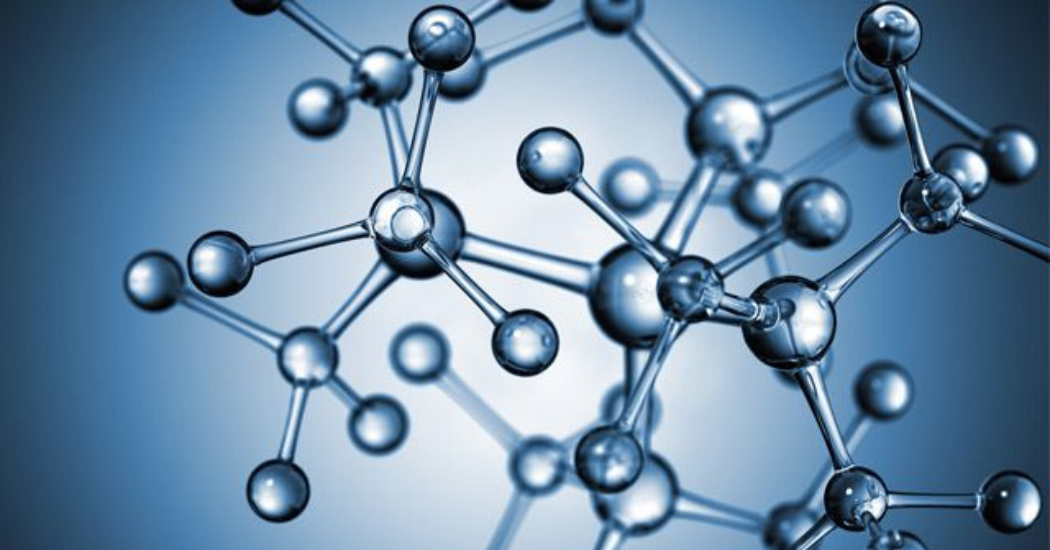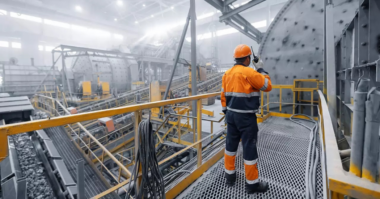For many years, Europump, the Association of European Pump Manufacturers has been at the forefront of the health & safety, environmental and sustainability agenda, advising and lobbying Governments as they look to update and improve the legislative landscape for industry. Here, Wayne Rose, Secretariat of the Europump Marketing Commission, and newly appointed CEO of the BPMA, offers insight into the pump sector’s position in relation to the restrictions on using per- and polyfluoroalkyl substances.
It is commonly recognized that pumps and their related equipment are essential for many applications affecting daily life. From the central heating and water supply in our homes, sewage and wastewater treatment in our cities, through to the extraction and processing of raw materials to manufacture finished products, pumps and pumping systems play a fundamental role. Industrial applications can range from water treatment, food processing, chemicals, oil & gas, mining, paper mills, firefighting, dredging, waste removal and many more. Future applications linked to the all-important green transition would include the transportation and storage of hydrogen, geo-thermal, and other green gases.
Due to their unmatched thermal and chemical resistance, unique tribological properties, and any combination of these characteristics, PFAS (per- and polyfluoroalkyl substance) containing materials are used in virtually all of these applications, as sealings, bearings, cable sheaths, coatings, pump inserts and membranes. However, given that PFAS materials, are up to one hundred times more expensive than any of the natural or synthetic elastomers, they are only used in those cases where absolutely no alternative is available; and currently no alternative material guarantees the same levels of performance, safety, and/or working lifetime.
Therefore, any substitution with other less suitable materials would lead to rapid failures, and leakages, which could result in the release of aggressive media, harmful gases, or steam, which could in turn cause serious injury to both humans and the environment.
Furthermore, the challenge faced by the lack of PFAS-free alternatives for essential use is not limited to pump applications and applies equally to other key pieces of equipment such as valves and compressors in downstream industries like pharma, chemicals, petrochemicals, and aerospace. Additionally, some electronic components which are critical for the safe and efficient operation of these applications also require the use of PFAS based materials.
So, although Europump, representing Europe’s pump manufacturers, fully supports any regulation aimed at preventing PFAS substances from entering the environment, it must be stated that in certain pump (and other related product) applications the use of PFAS remains essential, due to safety, efficiency, and functionality concerns. And given that no suitable substitutes for these specific applications are currently available, the use of PFAS materials should remain possible, so that pollution of the environment by other acutely hazardous substances can be prevented, and any harm to humans avoided.




